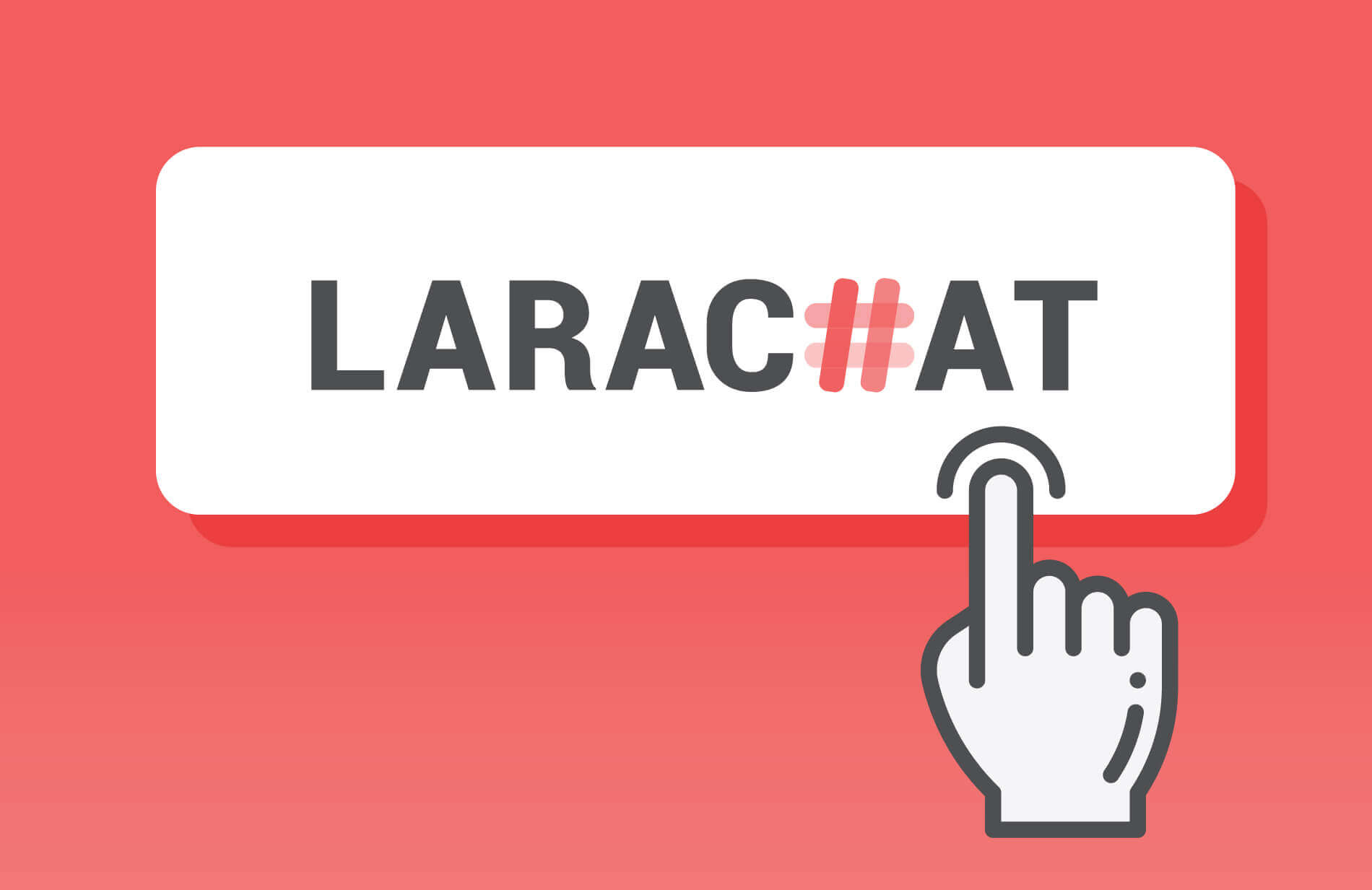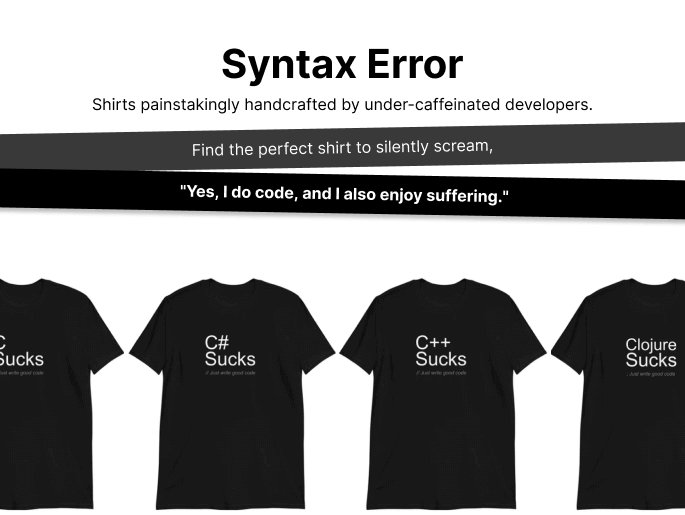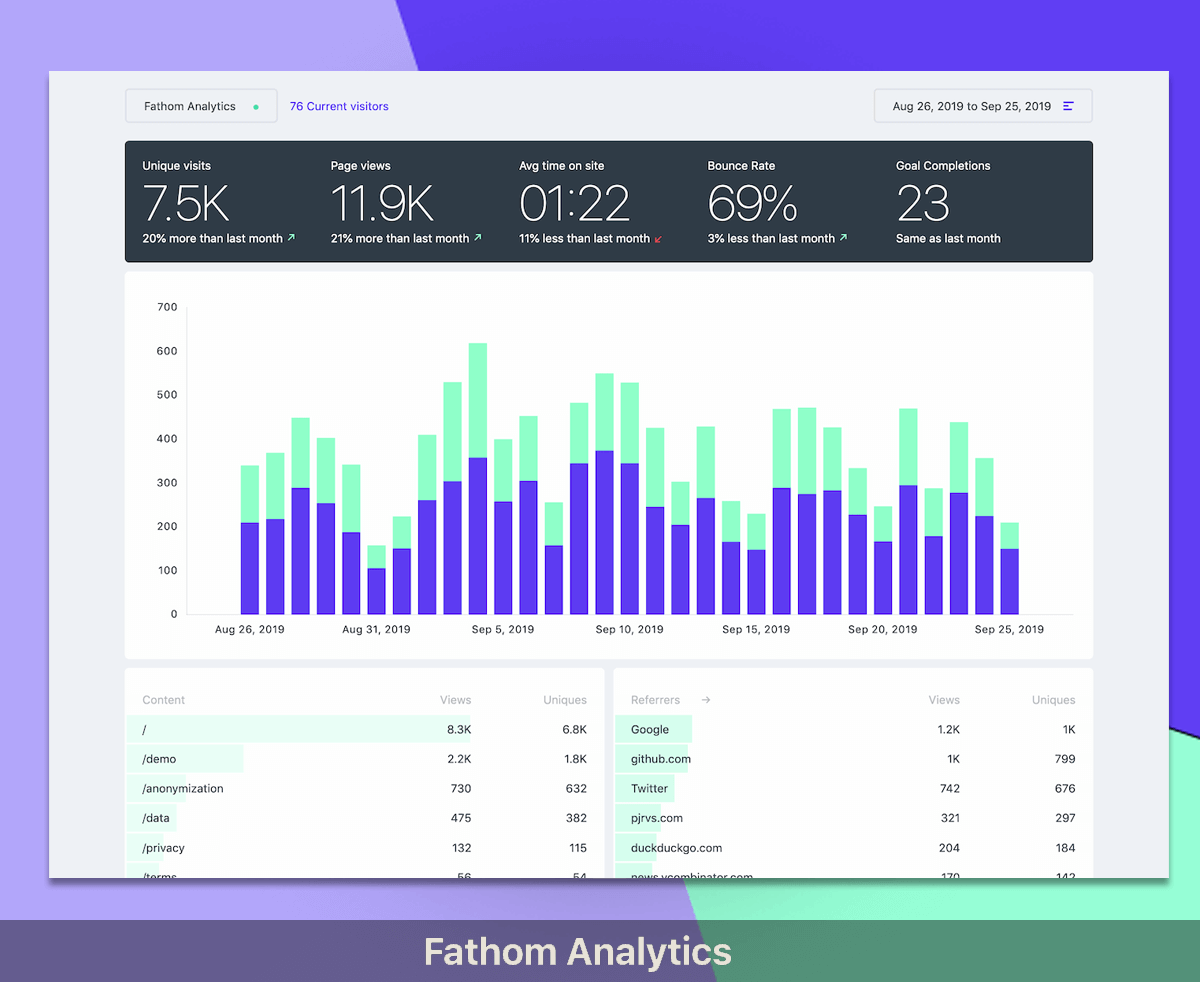Get the latest Laravel/PHP jobs, events and curated articles straight to your inbox, once a week
Source: chrysanthos.xyz
Don’t ever use Promise.all()
Imagine that you have two asynchronous calls like so: async function getData() { const users = await fetchUsers(); const categories = await fetchCategories(); } These two API calls are run sequentially, meaning that for “fetchCategories” to run, we will wait until “fetchUsers” is completed.
async function getData() { const [users, categories] = await Promise.all( fetchUsers(), fetchCategories(), )}
The (obvious) next step you would think would be to add a try-catch around it, something like the following: async function getData() { try { const [users, categories] = await Promise.all( fetchUsers(), fetchCategories(), )} catch (err) { reportToLogger(err); }}
async function getData() { const [userResult, categoryResult] = await Promise.allSettled( fetchUsers(), fetchCategories(), ) if (userResult.status === 'rejected') { const error = userResult.reason // handle error } else { const users = userResult.value } if (categoryResult.status === 'rejected') { const error = categoryResult.reason // handle error }}
async function getData() { const [users, categories] = await Promise.all( fetchUsers(), fetchCategories(), )}
The (obvious) next step you would think would be to add a try-catch around it, something like the following: async function getData() { try { const [users, categories] = await Promise.all( fetchUsers(), fetchCategories(), )} catch (err) { reportToLogger(err); }}
async function getData() { const [userResult, categoryResult] = await Promise.allSettled( fetchUsers(), fetchCategories(), ) if (userResult.status === 'rejected') { const error = userResult.reason // handle error } else { const users = userResult.value } if (categoryResult.status === 'rejected') { const error = categoryResult.reason // handle error }}
Newsletter

Glimpse
Glimpse streamlines Laravel development by seamlessly deploying GitHub pull requests to preview environments with the help of Laravel Forge.
Laravel/PHP Careers





